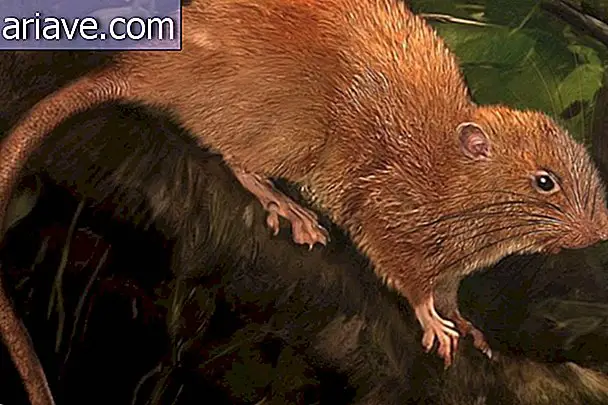Global warming could lead to new life forms in the future

According to a study by British researchers, although the periods when the earth was warmer coincided with those with the greatest biodiversity on the planet, the current rate of global warming is too fast for the number of new species to emerge to exceed of those being extinguished.
According to the researchers, for a new life form to originate, it takes a few thousand years of evolution. However, this slow process will not be able to keep up with the current rate of increase in the planet's temperature which, besides causing the extinction of countless species, will cause biodiversity, instead of increasing as it should, to decrease in the long run.
Biodiversity and global warming
Researchers have evaluated several fossils from a given geological period - rather than following conventional methods that only consider species emergence and extinction data - by working with invertebrate marine animals and surface ocean temperatures over 540 million years.
The analyzes showed that while temperatures were higher, biodiversity was also higher, while the opposite was true when temperatures were lower. Thus, the variation of the planet's temperature has a direct influence on biodiversity, and the rate of this variation can affect the life forms on Earth.
On the other hand, contradicting the predictions of the most pessimistic ecologists, the study suggests that there is a possibility that, within a few thousand years, the global warming we are currently experiencing may be responsible for the emergence of new species. It will be?
Sources: The University of York and SLASH GEAR











